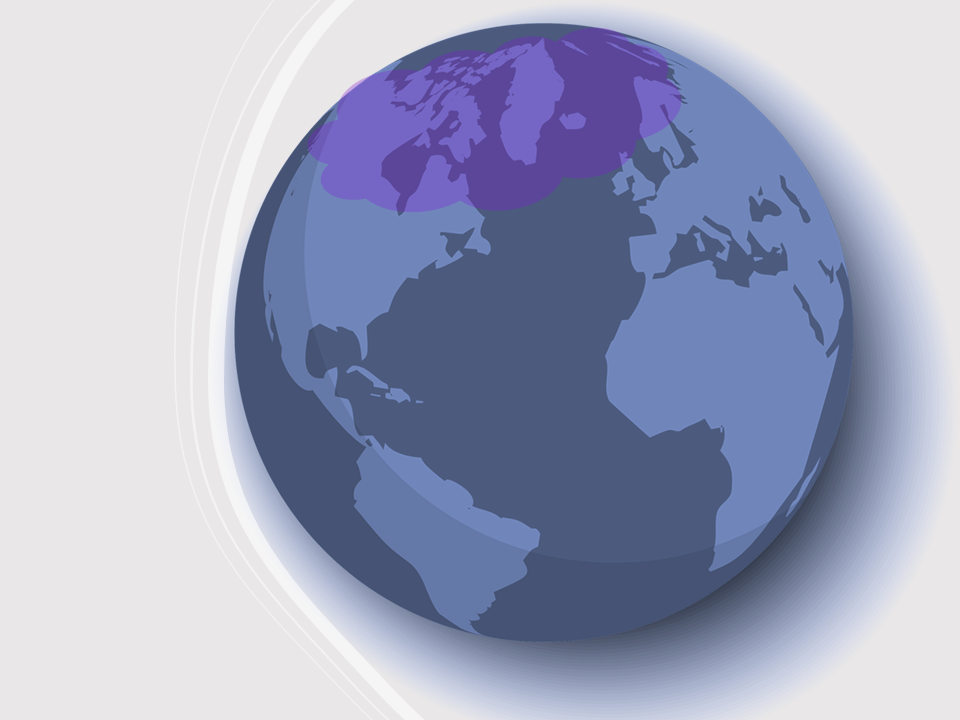Pick Up
942. Arctic Cold Wave

942. Arctic Cold Wave
In mid-January 2024, as much of the world was experiencing a mild winter, Europe and the United States were faced with an intense cold wave, commonly referred to as an Arctic blast, emanating from the North Pole. Some regions in the Midwest of the United States experienced temperatures as low as -50°C. This anomaly is believed to be related to the accelerated warming of the Arctic, which is occurring at twice the global average rate.
The recent increase in the occurrence of significant cold waves from the Arctic is attributed to the meandering of the jet stream, a phenomenon associated with global warming. The altered path of the jet stream is thought to partially disrupt the usual position of the polar vortex over the Arctic Ocean, causing cold air to drift to lower latitudes.
The National Oceanic and Atmospheric Administration (NOAA) referred to the unexpected movement of the stratospheric polar vortex in mid-January as "stratospheric shenanigans". Although the collapse of the polar vortex was minor and did not involve a reversal of wind direction (from west-east to east-west), the equivalent of a sudden large-scale stratospheric warming, NOAA acknowledged the challenge of predicting its impact on weather patterns in the coming weeks. Despite the uncertainties, NOAA indicated that the small temperature increase in the first week of January and subsequent stratospheric events could influence weather patterns in the near future. The agency reiterated that these factors likely contributed to the mid-January cold snap in North America. However, NOAA emphasized the complexity of the situation, citing various factors such as the polar vortex's role in redirecting the jet stream southward, the current El Niño conditions, and the inherent variability of the jet stream.
The discernible trend suggests that global warming is increasing the frequency of extreme events, including cold waves, and thereby increasing the unpredictability of such events within the complex global climate system.
Contributor: IIYAMA Miyuki (Information Program)
